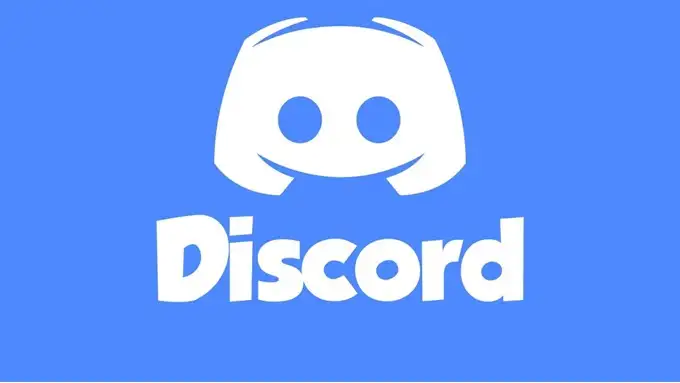Discord Dynamics on Exploring the Group Psychology of Members
Discord, a popular online communication platform initially designed for gamers, has evolved into a diverse virtual space encompassing various interest groups, communities, and discussions. The interactions and group dynamics within Discord servers provide a fascinating insight into the realm of group psychology. As members converge to share thoughts, interests, and experiences, a complex interplay of psychological processes shapes the overall dynamics of these communities.
Social Identity Theory and In-Group Formation: Discord servers often serve as virtual tribes where individuals form connections based on shared interests, beliefs, and identities. Social Identity Theory explains that people seek to belong to groups that enhance their self-esteem and sense of belonging. In Discord servers, members often identify strongly with the group, developing versus them mentality. This in-group bias can lead to camaraderie, but it can also foster conflict with rival groups.

Norms and Conformity: Within Discord communities, norms emerge as unwritten rules that guide behavior. As members observe and conform to these norms, a sense of cohesion develops. Those who diverge from the norms might face ostracism or rejection, highlighting the power of conformity in shaping group dynamics.
Anonymity and Self-Presentation: One unique aspect of online platforms like Discord is the relative anonymity they offer. This anonymity can lead to a phenomenon known as the online disinhibition effect, wherein individuals feel liberated from social norms, resulting in both positive and negative behaviors. Some might feel more comfortable expressing their true selves, while others may engage in trolling or antagonistic behaviors they would avoid in face-to-face interactions.
Leadership and Authority: Discord servers typically have administrators or moderators who wield influence over the community. These figures play a pivotal role in shaping group dynamics by enforcing rules, mediating conflicts, and setting the tone for discussions. The dynamics of power and authority within these virtual spaces can mimic real-world dynamics, with members deferring to leaders and their decisions.
Echo Chambers and Information Flow: Discord servers can inadvertently become echo chambers, where members are exposed only to information and opinions that align with their existing beliefs. This reinforcement can lead to the entrenchment of views and hinder critical thinking. However, this phenomenon also underscores the human tendency to seek confirmation and validation from like-minded individuals.
Conflict Resolution and Social Support: Conflicts are inevitable within any group, and Discord communities are no exception. How conflicts are managed within these virtual spaces can significantly impact group dynamics to buy discord members. Successful resolution often involves a combination of assertive communication, mediation, and a sense of shared purpose.
In conclusion, Discord servers provide a valuable window into the complexities of group psychology. The interactions, norms, and dynamics that emerge within these virtual communities reflect both universal psychological tendencies and the unique affordances of online platforms. Understanding these dynamics can enhance our knowledge of how individuals form connections, navigate conflicts, and establish a sense of belonging in the digital age. As Discord continues to evolve and diversify, so too will the opportunities for studying the intricate interplay of human behavior within these online microcosms.